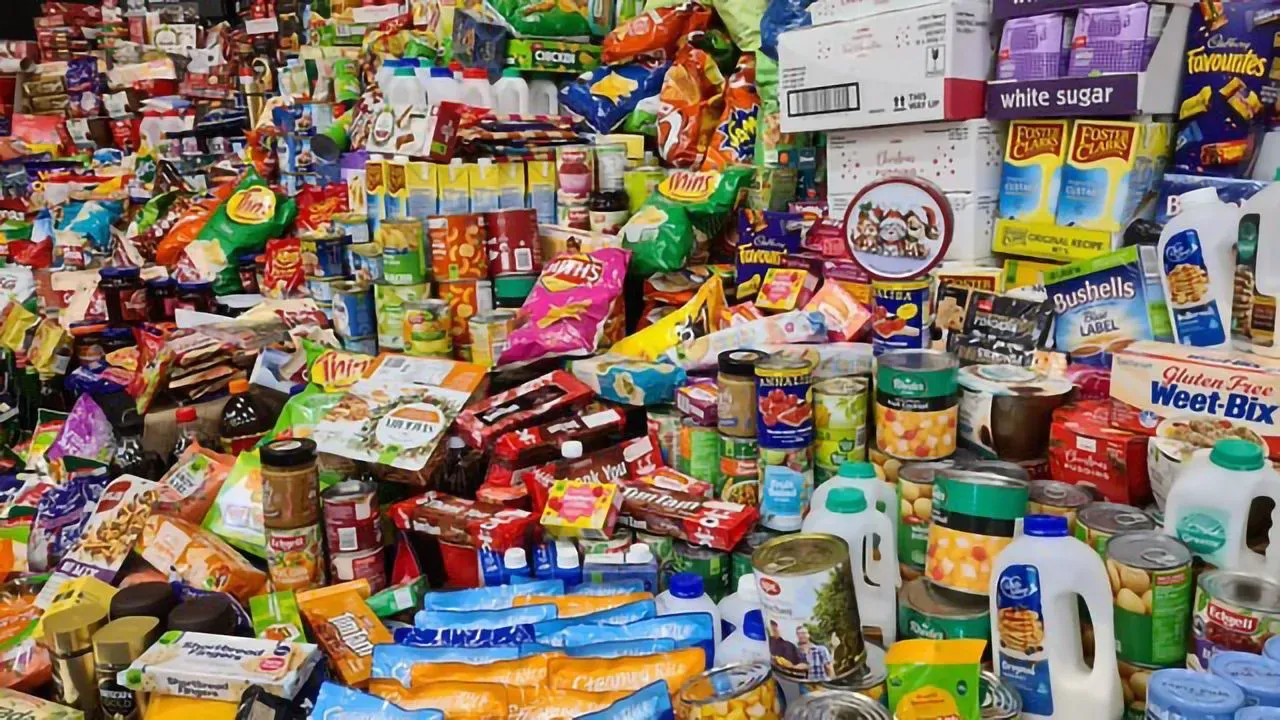Carbon copied corn
lines up to fill the shelves,
a litany of yellow
mangled into
nauseating rainbows
of our globalised excess.
Colours of artifice,
carefully arranged
to catch the eye:
hydrogenation,
moulding,
dyes,
stabilising,
flavours,
lies.
Nutrients torn from the cob,
leaving open wounds
filled with greenbacks
across a land
that could have lasted
forever.

This poem is inspired by recent research, which has found that a globalised diet that increasingly includes ultra-processed foods is having a negative impact on both human and planetary health.
Ultra-processed foods are those foods that go through multiple processes (e.g. extrusion, moulding, milling), contain many added ingredients, and are highly manipulated. Examples include soft drinks, candy, ice-cream, packaged soups, chicken nuggets, and ready meals. These types of food are less filling and raise our blood sugars higher than minimally processed foods. They are also generally higher in calories and sugar, lower in protein and fibre, and are associated with higher risks of obesity, heart disease and stroke, type-2 diabetes, cancer, frailty, depression, and death. Yet despite the fact that ultra-processed foods are so obviously bad for human consumption, they are now the basis of our globalised diet, becoming dominant in the global food supply, with sales and consumption growing in all regions and almost all countries.
In this new study, researchers highlight how this lack of diversity is not only having a negative impact on human health. As a result of dietary patterns worldwide becoming increasingly more processed and less diverse, the planet’s agrobiodiversity (i.e. the variety and variability of animals, plants, and microorganisms used directly or indirectly for food and agriculture) is also diminishing. Today, 90% of humanity’s energy intake comes from just 15 crop plants, and more than four billion people rely on just three of them: rice, wheat, and maize. This lack of agrobiodiversity is bad because it reduces the gene pool, thereby making it harder for agriculture to adapt to global environmental changes such as climate change and desertification. Furthermore, ultra-processed food production uses large quantities of land, water, energy, herbicides, and fertilisers, causing further environmental degradation in addition to the accumulation of unnecessary packaging waste. As such, this new globalised diet is severely damaging both the humans that consume it and the environments that are used to produce it. This study concludes that researchers and policymakers need to highlight the destruction of agrobiodiversity caused by ultra-processed foods, and to agree on policies and actions designed to slow and reverse this disaster.
This blog very well explains that researchers and policymakers need to highlight the destruction of agrobiodiversity caused by ultra-processed foods, and to agree on policies and actions designed to slow and reverse this disaster.